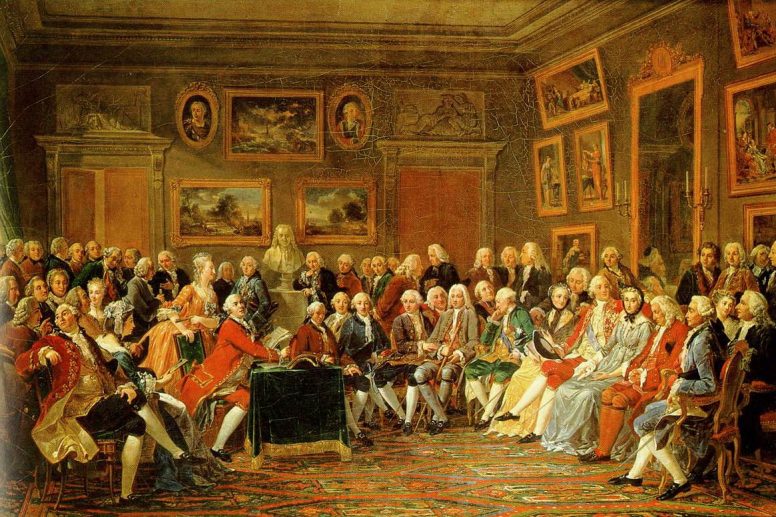Table of Contents
- Introduction
- Burning Books 213 B.C.
- Persecuting Philosophers
- Banned Books & Bible
- Books lost forever
- Inquisition Censorship
- Index Librorum Prohibitorium
- Copernicus & Galileo
- Darkness in Enlightenment
- Revolution & Banned Books
- Colonialism & Book Bans
- New Nation Censorship
- Nazi Germany Book Burning
- USSR Banned Books
- McCarthyism Book Banning
- 21st Century Book Bans
- Banned Books Battles
- Digital Age Book Banning
- World Wide Book Banning
- Book Banning is Bad
- The Future of Book Banning
- Looking Back in History
- Discover New Worlds
Darkness in the Age of Enlightenment
Enlightenment with Exceptions

Get ready to step back in time to the Age of Enlightenment, a truly remarkable period that stretched from the 17th to the 19th centuries. Imagine Europe, alive with fresh ideas and brilliant minds daring to change the world. This time was marked by an intellectual awakening where the “light of reason” was used to brighten the shadows of ignorance. However, this golden era wasn’t without its dark spots, particularly the harsh censorship and widespread banning of books.
Enlightenment thinkers, in a bold move, decided to take on the powerful authorities of their time. They dared to question the norm, challenging the established way of life. Try to picture the uproar they caused when they championed causes such as liberty, progress, and the separation of church and state. Their groundbreaking ideas rattled the foundations of institutions like the Church and authoritarian governments. Consequently, many works of the Enlightenment were labeled as heretical or treasonous, resulting in a widespread crackdown on these books.
Among these courageous thinkers was Voltaire, a French philosopher well known for his sharp wit and vocal support of civil liberties. Voltaire’s provocative writings, like his satirical novella “Candide,” dared to challenge religious dogma and intolerance. Consequently, his bold ideas stirred up trouble, leading to “Candide” being publicly burned and banned in places like Paris and Geneva.
Similarly, John Locke, another influential Enlightenment philosopher, had his share of controversy. Locke wrote “Two Treatises of Government,” advocating individual rights and opposing absolute monarchy. However, fearing political repercussions, he chose to publish his works anonymously.
Surprisingly, censorship, instead of snuffing out these radical ideas, often sparked even more interest. It’s a curious thing, isn’t it? How banning books made them even more popular? These forbidden treasures of Enlightenment thinkers were coveted, often sold under the table or smuggled across borders. They found their way into lively discussions in coffee houses, private gatherings, and intellectual meet-ups, gradually influencing society and molding public opinion.
The ripple effects of these banned books were nothing short of revolutionary. They shook up the status quo and spurred movements like the French and American revolutions. More importantly, these works laid the foundation for principles such as democratic governance, human rights, and secularism – principles that still guide us today.
So, despite the looming threat of censorship, the Age of Enlightenment stands testament to the strength and perseverance of intellectual freedom. It was a time when ideas, even banned ones, refused to be silenced and instead, flourished in the face of adversity. This fascinating era reveals the tremendous power of the written word and its capacity to transform societies and ideologies.